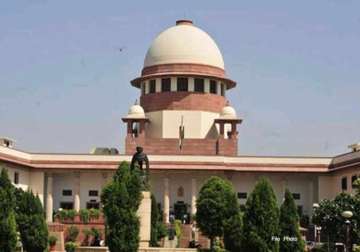New Delhi: The Delhi High Court was Wednesday informed by the central government that the position of Leader of Opposition in the Lok Sabha or the Rajya Sabha was not a mandatory constitutional position and no party has the requisite 55 seats to stake claim.
A division bench of Chief Justice G. Rohini and Justice R.S. Endlaw was informed that appointment of Leader of Opposition was not mandatory and the appointment only started from the fourth Lok Sabha.
Additional Solicitor General (ASG) Sanjay Jain, appearing for the central government, told the court that in the past there was no Leader of Opposition seven times.
The view that the speaker was under obligation to recognise the Leader of Opposition was a complete myth, he said.
The court was hearing a public interest litigation filed by advocate Imran Ali, who sought direction to the speaker to appoint Leader of Opposition in the Lok Sabha.
The plea also sought quashing of a statement of the first speaker of the Lok Sabha, who had ruled that a party needs 10 percent members to be the main opposition party.
The Congress is the second largest party in the current Lok Sabha with 44 seats. However, it does not have the requisite 10 percent (55 seats) to stake claim.
During the hearing, the petitioner argued that the Central Vigilance Commission Act, Right to Information Act, Lokpal Act and the Human Rights Act required the presence of Leader of Opposition to complete certain functions.
The ASG, however, argued that giving recognition to any person as Leader of Opposition was under complete discretion of the speaker and the court cannot pass direction to the speaker.
The bench, after hearing the arguments, reserved its judgment.
